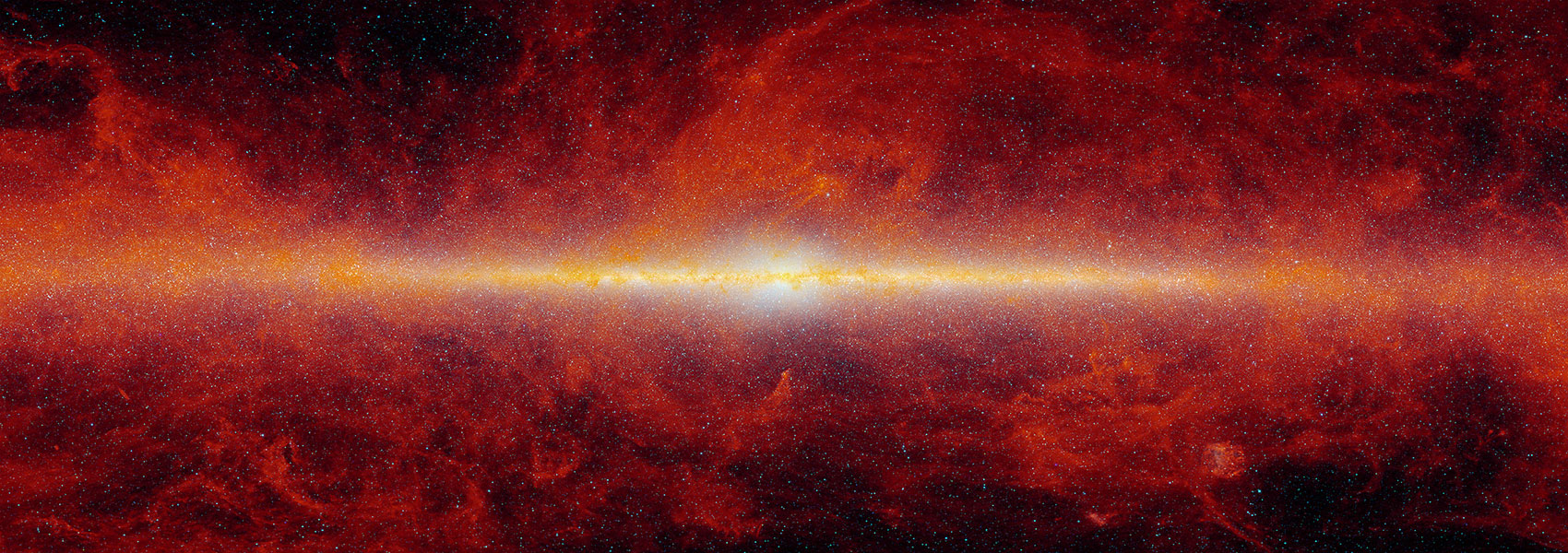
The Near-infrared Imager and Slitless Spectrograph for the James Webb Space Telescope. II. Wide Field Slitless Spectroscopy
February 2022 • 2022PASP..134b5002W
Abstract • We present the wide field slitless spectroscopy mode of the NIRISS instrument on the James Webb Space Telescope. This mode employs two orthogonal low-resolution (resolving power ≈150) grisms in combination with a set of six blocking filters in the wavelength range 0.8-2.3 μm to provide a spectrum of almost every source across the field-of-view. When combined with the low background, high sensitivity and high spatial resolution afforded by the telescope, this mode will enable unprecedented studies of the structure and evolution of distant galaxies. We describe the performance of the as-built hardware relevant to this mode and expected imaging and spectroscopic sensitivity. We discuss operational and calibration procedures to obtain the highest quality data. As examples of the observing mode usage, we present details of two planned Guaranteed Time Observations programs: The Canadian NIRISS Unbiased Cluster Survey and The NIRISS Survey for Young Brown Dwarfs and Rogue Planets.
Links
- SIMBAD https://simbad.u-strasbg.fr/simbad/sim-ref?querymethod=bib&simbo=on&submit=submit+bibcode&bibcode=2022PASP..134b5002W
- PDF https://iopscience.iop.org/article/10.1088/1538-3873/ac5158/pdf
- PREPRINT http://arxiv.org/abs/2202.01714
- DATA https://archive.stsci.edu/mastbibref.php?bibcode=2022PASP..134b5002W
- ELECTR https://doi.org/10.1088/1538-3873/ac5158



